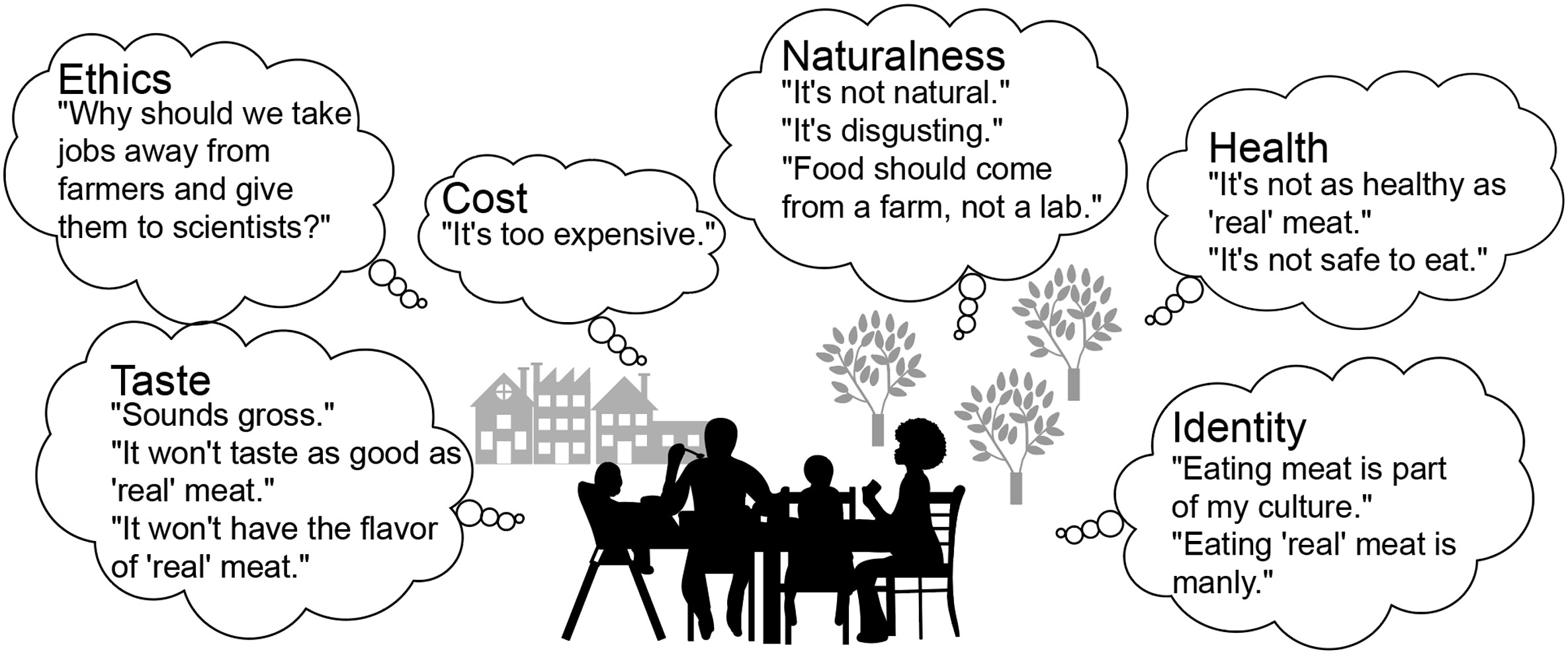Elsevier, Forensic Science International, Volume 315, October 2020
The victimization of women by opportunistic drug-facilitated sexual assault in leisure contexts was studied in this work by applying a novel approximation. A multifocal analytical strategy based on an intersectional gender-sensitive approach was used to analyse the evidence coming from both forensic case studies and contextual studies about sexual interrelation and drug use. The process of victimization comprises social changes affecting consumption patterns and sexual interaction, intersecting in the hegemonic recreational nightlife model.
Elsevier, Agriculture, Ecosystems and Environment, Volume 302, 15 October 2020
The diversification of tropical pastures with legumes (trees) for increased forage and animal productivity has been advocated. Nevertheless, effects on soil quality and belowground biodiversity, and the implications for sustainable intensification remain poorly documented, particularly when cattle grazing is included in the study. We evaluated the impact of forage system diversification with herbaceous and woody legumes on soil properties and soil macrofauna communities and their spatial heterogeneity in a three-year-old field trial in Cauca Valley, Colombia.
Elsevier, Agriculture, Ecosystems and Environment, Volume 301, 1 October 2020
Viticulture is a valuable sector worldwide with an extraordinary socio-economic impact in Spain. Numerous pests and diseases threaten vineyards, and their management primarily relies on the use of conventional agrochemicals. The current paradigm of sustainability pursues the implementation of ecologically sound strategies in vineyard ecosystems. The use of cover crops is arising as an alternative with numerous benefits, including favoring above-belowground biodiversity and the presence of beneficial soil organisms such as the entomopathogenic nematodes (EPNs).
Elsevier, Soil Biology and Biochemistry, Volume 149, October 2020
Fire is an ecological disturbance that alters soil microbiomes and the functions they mediate in terrestrial ecosystems. Soil microbial diversity in Mediterranean Basin ecosystems shows resilience to fire following the restoration of plant-soil feedbacks. We hypothesised that microbial functions related to organic matter decomposition and nutrient cycling might show similar patterns of recovery.
Elsevier, Geoderma, Volume 376, 15 October 2020
The biochemical effects of trees may significantly influence local pedogenesis as well as pedocomplexity, biodiversity and forest dynamics on both stand and landscape scales. One such effect is the decay of tree trunks, which is driven by organisms, and especially by the microbiome. Decomposition modifies soil formation, which due to the existence of many feedbacks affects the composition of the decomposer community.
Elsevier, Disability and Health Journal, Volume 13, October 2020
Background: There are growing numbers of adults aging with long-term mobility disabilities. Very little is known about the challenges this population experiences with everyday activities, and such challenges are likely to be greater and more complex than those of older adults who experience mobility declines later in life. Objectives: The current manuscript presents in-depth insights on the specific activity challenges experienced by older adults with long-term mobility disabilities, and the response strategies they employ to overcome those challenges.
Elsevier, International Business Review, Volume 29, October 2020
This paper studies the role of gender equality in female directors’ efficacy and its subsequent effects on firms. Female directors in more gender equal societies should possess greater skills and exert more influence due to better access to educational/professional opportunities and more amicable boardroom dynamics. Therefore, we hypothesize that gender equality serves as an important moderator in the relation between female board representation and firm outcomes.
Elsevier, Trends in Food Science and Technology, Volume 104, October 2020
Background: The environmental impact of meat consumption requires immediate action. Cultured meat—which is emerging through technologies to grow meat ex vivo—has exciting potential to offset the burden of livestock agriculture by providing an alternative method to sustainably produce meat without requiring individuals to become vegetarian. However, consumer uptake of cultured meat may be challenged by negative public perceptions.

